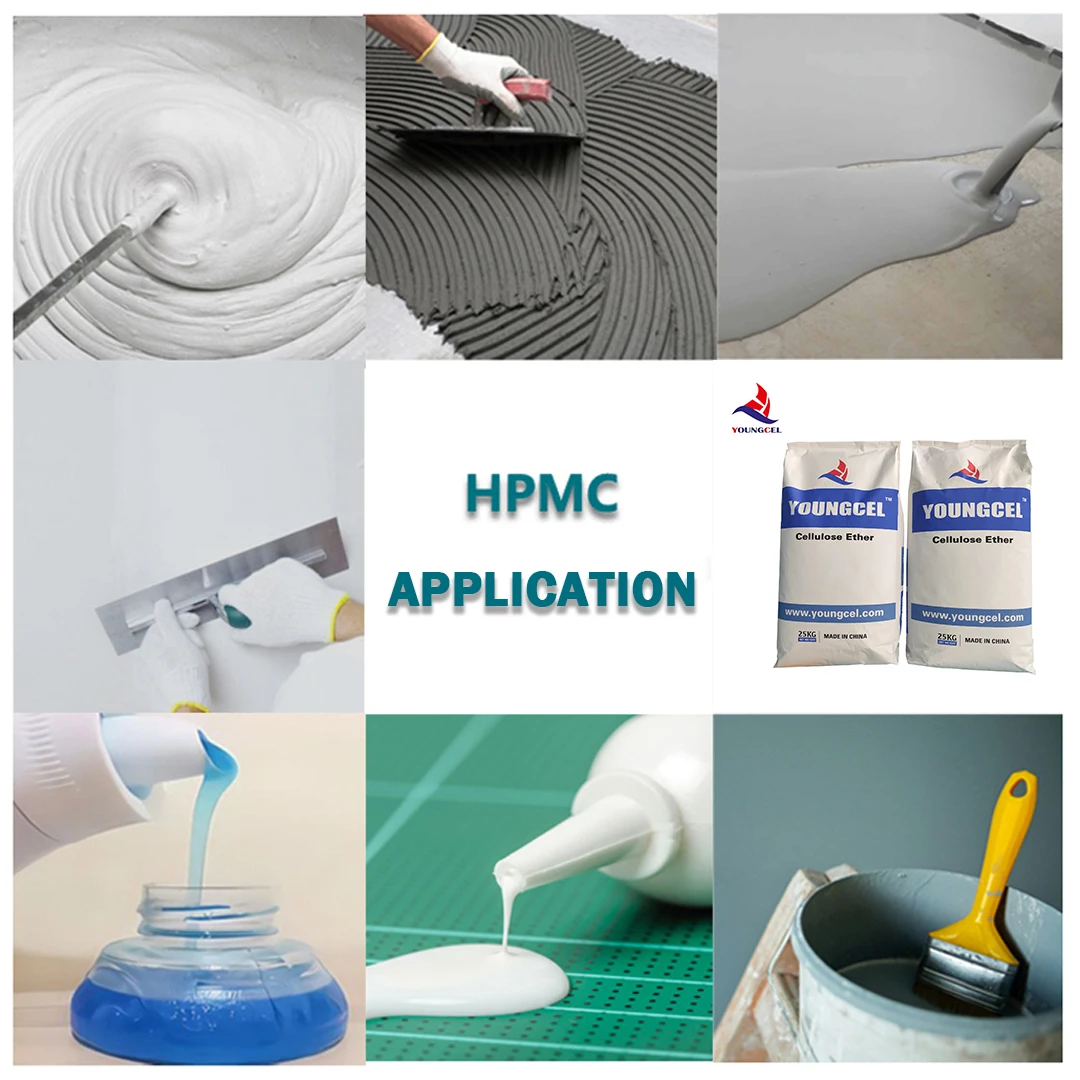The Importance of Coating Additives in Modern Applications
Coating additives play a crucial role in enhancing the performance and aesthetic appeal of various coatings used in industries ranging from automotive to construction. These additives, which can be classified into several categories including surfactants, stabilizers, defoamers, and rheology modifiers, are vital in addressing specific challenges faced during the coating application process and in the final performance of the product.
One primary function of coating additives is to improve the application properties of coatings
. For instance, surfactants are employed to reduce surface tension, allowing for better wetting and spreading of the coating on surfaces. This is especially important in achieving a smooth finish and ensuring that the coating adheres properly to various substrates, which affects the overall durability and longevity of the protective layer.Rheology modifiers, on the other hand, are essential for controlling the flow and viscosity of the coating formulation. By adjusting the thickness and flow behavior, these additives help in ensuring that the coating can be uniformly applied, whether by brushing, rolling, or spraying. This is particularly relevant in industrial applications where consistent application thickness is critical for performance standards.
coating additives

In addition to application properties, coating additives also enhance the performance characteristics of the finished product. Additives such as UV absorbers and light stabilizers protect coatings from degrading due to sunlight exposure, thereby extending their service life, particularly in outdoor applications. Further, anti-corrosive additives are crucial in industries such as automotive and marine, where protecting metal surfaces from rust and deterioration is essential.
Moreover, the decorative aspects of coatings can be significantly improved with the use of additives. For instance, pearlescent and metallic additives can give coatings unique visual effects, making them more appealing for aesthetic applications in consumer products. This is important in industries such as cosmetics, where appearance can significantly impact marketability.
In conclusion, the strategic use of coating additives not only enhances the functional properties of coatings but also ensures their aesthetic appeal and longevity in various applications. As technology advances and industries demand higher performance standards, the development and integration of innovative coating additives will continue to play a pivotal role in the future of coating technologies. Thus, understanding and selecting the appropriate additives is vital for manufacturers aiming to deliver high-quality, durable, and visually appealing coatings.




